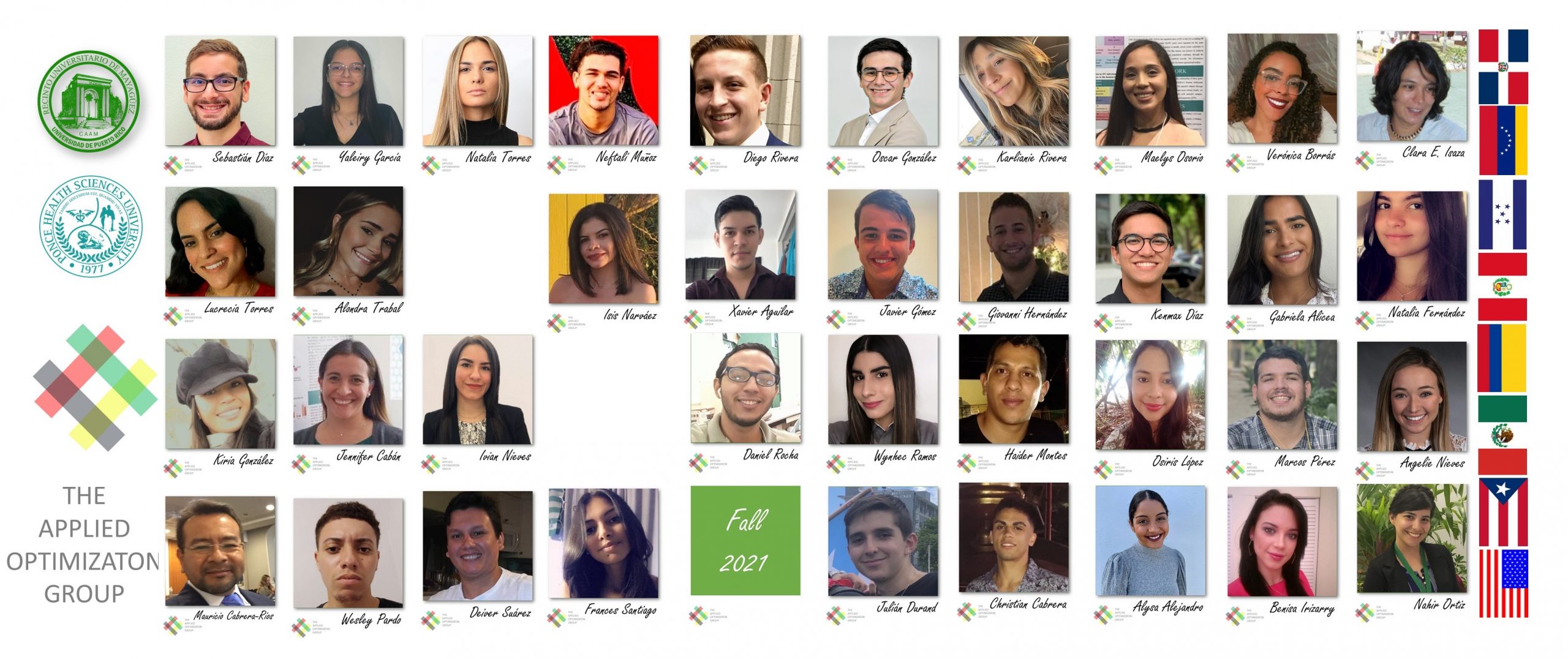When I was a sophomore in college in my native country, Mexico, I had the bold and wonderful idea of applying to a study abroad program for my junior year. I got accepted and attended the University of Pittsburgh for two semesters. The experiences I had as a first-time international student -good, bad, and ugly- widened my life horizons and helped me shape the rest of my life. Reflecting about that particular year, I can extract four key learnings that have been particularly helpful to me to share with novice international students.
- Excitement is a necessary capital to get started but do balance it with realism.
The novelty of living in a new culture accentuates good and bad things in the day-to-day. How we perceive these novelties change in longer times, however. An initial model proposed to explain cultural adaptation is owed to Oberg (1960), who recognizes four stages: honeymoon, culture shock, recovery, and adjustment. If laid out in a graph of comfort vs time, these stages are easily recognizable along a U-shape. Indeed, the first weeks in a new culture feel like a honeymoon: everything is great, charmingly different, and difficulties are not strong enough to bring one down. This stage is fueled by our own excitement and defines how high we start in that U-shape. Mind, however, that afterwards, cultural differences become somewhat annoying heralding the next phase: culture shock. On one hand, it is important to start with a high capital of excitement, but keep in mind that no place is perfect, and that difficulties will most certainly arise. A good balance between excitement and realism is a healthy exercise.
- Remind yourself why you wanted to move to this new place and ´look for the helpers´.
Indeed, culture shock cannot be avoided and although not everyone will experience it the same way or with the same intensity, it will bring along frustration, doubt, nostalgia, depression, and -for some people- anger. At the individual level, the single most useful tool for me at such stage was to recall why I had moved to this new place. The drive to fulfill a plan helped me to deal with frustration as it had a place in the larger scheme of meeting an objective (for example, getting a graduate degree). On the other hand -and I did say that I lived in Pittsburgh at some point- the wise phrase of Mr. Rogers wearing his cardigan sweater in his beloved PBS TV show comes very handy: ‘Look for the helpers, you will always find people who are helping’. He attributed this advice on how to deal with scary situations to his mother. International students will always find generous, wonderful, people ready to help, if they just ask. This takes some humbleness, effort, and it might take a couple of trials. Personally, I can say that I met many great people in these situations who not only offered me a helping hand but a treasured friendship.

The Applied Optimization Group
- Allow yourself to feel overwhelmed and take one day at a time.
International students are brave and driven in general. This drive is, however, often times accompanied by a propensity to be very hard on themselves. Recovering from culture shock requires for one to be forgiving with one-self and internalize that (i) you are only human and (ii) being functional in a completely new environment is difficult. If you keep your long-term objectives at hand, ask for help, and bring down self-criticism a notch (or two), you have a better chance to come to better terms with your new situation. However, this is a gradual process that requires a divide-and-conquer strategy: take only what you can deal with, one day at a time.
- Be ready to repeat the cycle but know that you will get better at dealing with it.
There is no happily-ever-after in a new culture or in any culture for this matter. However, with worthy goals, a drive to achieve, the right support, and realistic expectations, one becomes better at dealing with the next cycles in a new life. This is what adjustment is about. And in the process, you can become a helper for the ones coming behind you. In fact, I urge you to do just that in time. I have applied these pieces of advice to many new situations in my life and they have stood the test of time, so hopefully, they will stand the test of being generalizable and useful for someone else. All the best in your new life.
References
Oberg, K. (1960). Cultural Shock: Adjustment to New Cultural Environments. Practical Anthropology, os-7(4), 177-182.
Fruchter, J. (2018). Look for the Helpers (Daniel Tiger´s Neighborhood). Simon Spotlight Publishers, 32 pages
Author and Invited Collaborator:


Dr. Cabrera-Ríos spotted playing tennis


